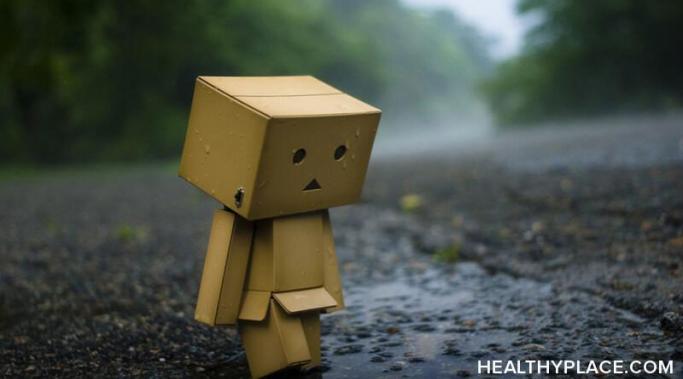Discovering meaning during midlife can seem like a challenge. Faced with uncertainty about the future and the feeling of having spent years working without achieving anything significant, how can we avoid discontentment, nurture a positive mindset, and turn midlife into a transformative journey? Here's how I found meaning in midlife.
Positive Attitude
As autumn — or fall — arrives after the scorching summer, I gladly welcome it as the season of gratitude. Whether it's the feeling of relief as the oppressive heat and humidity fade away or eager anticipation of the seasonal foods that become available, it always fills me with an overwhelming sense of appreciation. For me, fall is the season of gratitude.
There is a heart and mind connection. When you think of emotions, do you imagine them coming from the heart or mind? Or do you consider the heart and mind to be an inseparable whole? Examining how we talk about the heart and mind connection can teach us much about our beliefs. Can it also help enhance our experience of bliss and wellbeing?
What comes to mind when you imagine practicing meditation? Is it sitting cross-legged in silence as the outside world races by? Is it clearing your mind of all thoughts in the hope of attaining enlightenment? The truth is that meditation practices come in many different forms and can provide various benefits for anyone seeking inner calm and self-discovery.
Change can be powerful. Finding ourselves stuck in a rut, unable to see any alternative to our current situation, can lead to frustration and dissatisfaction. Could bringing joy and mental refreshment back into our lives be as simple as shaking up our daily routine and embracing the power of change?
Severe or otherwise, dealing with brain fog as part of COVID-19 while preventing the spread of the virus requires diligence and effort when we don't feel like doing anything other than resting and recovering. How can we stay optimistic and motivated while dealing with brain fog and illness and waiting for wellness to return?
I like to avoid tense situations in my everyday life. I enjoy living in a peaceful, harmonious, and stable society. Yet tense situations are an inescapable part of nature. Life-or-death struggles are ever-present, whether fighting over territory, for a mate, searching for food, or avoiding being eaten. In an increasingly civilized world, can intentionally engaging in tense and stressful situations benefit our experience of bliss?
Pessimism is a trait usually associated with negativity and a cynical outlook. But did you know there is another type of pessimism that can play a role in planning for success? Defensive pessimism, as it's called, is a strategy that offers an alternative approach to navigating all the unexpected circumstances life may present.
Seasonal changes affect my mental and physical health in various ways, particularly during the hottest and coldest months of the year. The effects have ranged from fatigue and irritability during summer to depression in winter. Fortunately, there are ways to manage these seasonal changes and maintain balance.
As Japan's unique culture continues to gain interest worldwide, many previously unknown aspects of Japanese life are now much more widely understood. At one end is its distinctive pop culture. On the other are its traditional philosophical concepts related to mindfulness, simplicity, and the inherent power of nature. These aspects of Japan's unique culture have undoubtedly played a pivotal role in helping me create a blissful life.









